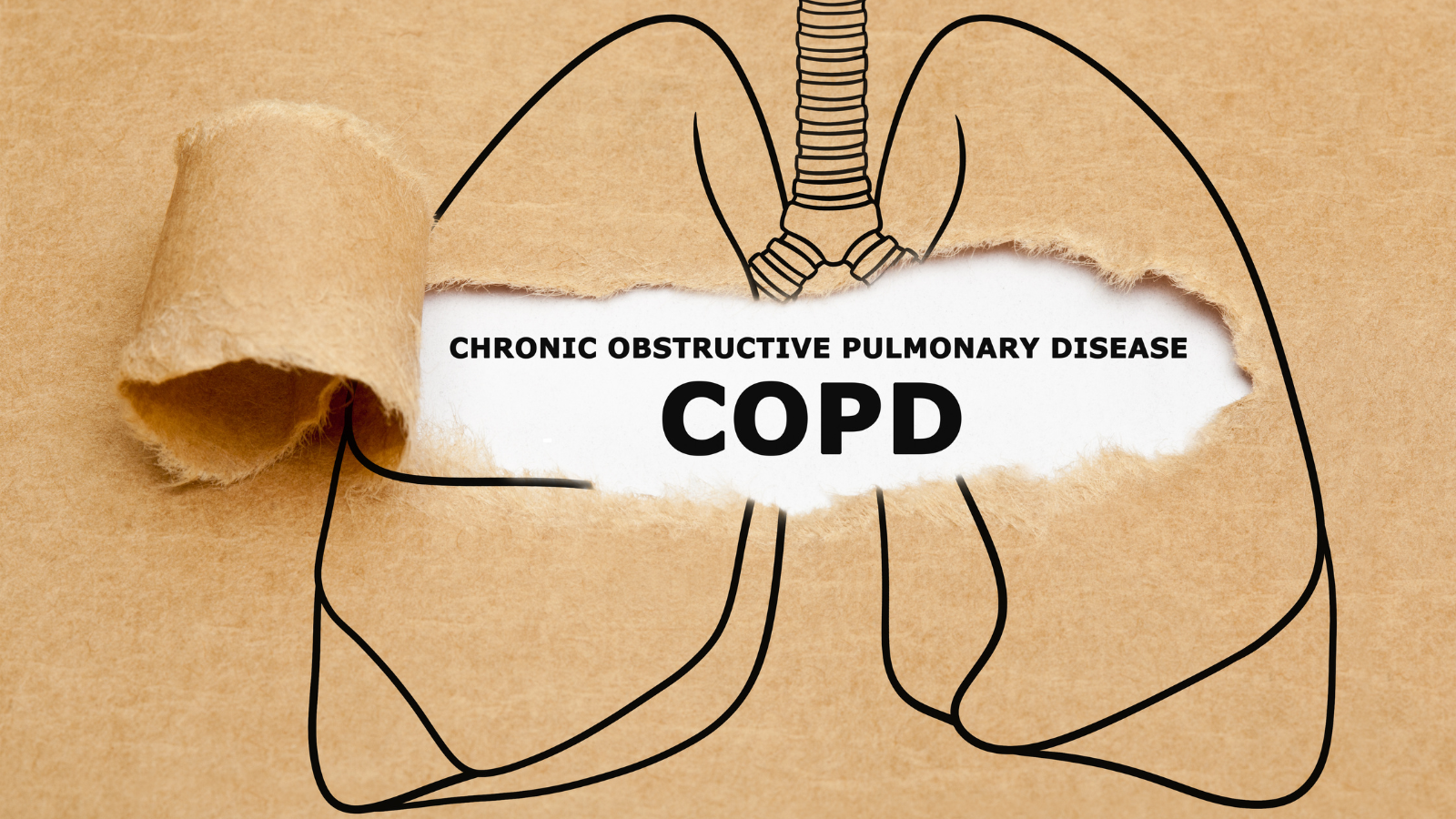Obesity News Today is the official news channel of the Obesity & Weight Management Alliance

Screen time linked to higher body fat in primary school children, study finds
Excessive screen use is associated with higher levels of body fat and less favourable metabolic markers in primary school children, according to new research, with findings also suggesting that good cardiorespiratory fitness may help offset some of these effects.

Genetic clues to emotional hunger could reshape obesity care
A genetic risk score may offer a new way to identify emotional hunger in people living with obesity, according to new research that adds weight to calls for more personalised and psychologically informed obesity care.

Study reveals molecular ‘switch’ that turns on inflammation in obesity
A team of researchers have uncovered a molecular pathway that links obesity to widespread inflammation, providing insight into why obesity increases the risk of type 2 diabetes, cardiovascular disease, fatty liver disease, and certain cancers.

NHS issues reminder to Britons using weight loss drugs
The NHS has issued a reminder to people across the UK using prescription weight loss medications, stressing that the treatments must be combined with dietary changes and physical activity to be effective in the long term.

Final call for poster submissions ahead of the 2026 Obesity & Weight Management Alliance conference series
Registered delegates attending the Obesity & Weight Management Alliance 2026 conferences still have time to submit a poster to showcase research, innovation and best practice at the national obesity events.

Weight regain faster after stopping weight-loss drugs than diet programmes, study finds
People who stop taking weight-loss medicines tend to regain weight more quickly than those who complete diet and behavioural programmes, according to a major new analysis published today in The BMJ.

NHS weight-loss jab access tightened across much of England, analysis finds
Access to NHS weight-loss injections is being restricted in large parts of England, with more than half of local health commissioners tightening eligibility criteria beyond national recommendations, prompting warnings that poorer patients are being locked out of treatment.

UK ban on ‘unhealthy’ food advertising comes into force in bid to curb childhood obesity
A long-awaited ban on advertising so-called “less healthy” food and drink has come into force across the UK, as the government steps up efforts to tackle rising levels of childhood obesity.

Science challenges public attitudes as experts say obesity is not a failure of willpower
Despite widespread belief that weight is simply a matter of personal responsibility, growing evidence shows obesity is shaped by biology, genetics and an environment engineered for overconsumption.

More than one in five children leaving primary school are obese, new figures show
More than one in five children in their final year of primary school are obese, according to new national data, highlighting the scale of the childhood obesity crisis in England.

GLP-1 drugs gain traction among women with PCOS as obesity care gaps persist
Use of GLP-1 weight-loss medicines among women with polycystic ovary syndrome has surged in recent years, highlighting growing off-label demand for treatments that address the condition’s strong links to obesity and insulin resistance.

Global food system driving obesity and climate crisis, major review finds
The way food is produced, marketed and consumed in the UK and globally is driving both rising obesity rates and worsening climate change, according to a major scientific review that calls for urgent reform of the food system.

Experts warn against festive misuse of weight-loss injections
Health leaders are urging the public not to use prescription weight-loss injections as a short-term solution to prevent Christmas weight gain, amid growing concern about rising demand for the drugs during the festive season.

Obesity and inflammation linked to early lung ageing and higher COPD risk
Obesity and chronic low-grade inflammation may accelerate lung ageing and increase the risk of chronic obstructive pulmonary disease (COPD), according to new research from Brazil.

‘Beer belly’ fat linked to early heart damage, with greater risks seen in men
A build-up of fat around the abdomen, commonly referred to as a “beer belly”, may be linked to early signs of heart damage, with men appearing to be at greater risk than women, according to new research.

Eli Lilly’s triple-action obesity drug delivers striking weight-loss results in phase 3 trial
Eli Lilly has intensified the battle for dominance in the weight-loss market after unveiling the first pivotal data for its triple-hormone therapy retatrutide, which achieved average weight reductions of nearly twenty-nine per cent in a phase 3 study.

Early weight correction may protect against heart disease, study suggests
Children who are overweight face a higher risk of developing coronary heart disease (CHD) in adulthood, but research from Sweden indicates that correcting weight before early adulthood may eliminate this elevated risk.

Mounjaro trial begins in Manchester
A five-year trial assessing the impact of the weight-loss injection Mounjaro has begun in Greater Manchester, with the first group of participants now enrolled through local GP practices.

Weight regain after Mounjaro means the loss of health gains, study finds
Regaining weight after stopping the weight-loss drug tirzepatide, sold as Mounjaro, is associated with a reversal of its cardiovascular health benefits, according to new research.

Obesity accelerates onset of Alzheimer’s disease, study finds
Obesity may hasten the development of Alzheimer’s disease, according to new research that sheds light on how excess weight affects the brain.

